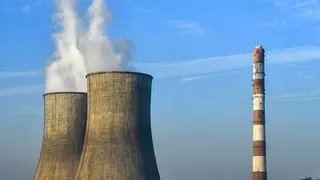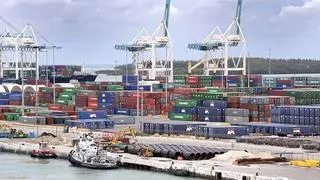The guardians of the global economy will gather this week under the cloud of the worst recession since the Great Depression, and a recovery dependent on scientists finding a coronavirus vaccine.
The International Monetary Fund and World Bank will hold their annual meetings, with both calling on the Group of 20 largest economies to extend a freeze in debt payments from the world’s poorest nations that is set to expire at year end.
Long and uneven recovery
While the fund last month flagged a small upward revision to its 2020 growth forecast from its June outlook, it warned the rebound will be long and uneven.
The IMF has been encouraging governments to spend whatever they need to confront the crisis, even while warning that debt as a percentage of GDP will rise to about 100 per cent for the first time.
Fund officials earlier this month proposed reforms to debt restructuring for countries that struggle to meet obligations, a burden likely to rise as the pandemic batters economies. Debt vulnerabilities will be a key theme of the meetings, according to first deputy managing director Geoffrey Okamoto.
The G-20 agreed in April to waive billions of dollars in repayments by poorer nations until the end of the year under the Debt Service Suspension Initiative. The World Bank says this is not enough and wants borrowings reduced to prevent a bigger fallout.
The IMF has also been working to figure out how to transfer existing reserve assets known as special drawing rights from rich countries that do not need them to poorer nations that do. A proposal to create $500 billion in SDRs was blocked in April by the US, the fund’s biggest shareholder, which criticized the plan as inefficient.








Comments
Comments have to be in English, and in full sentences. They cannot be abusive or personal. Please abide by our community guidelines for posting your comments.
We have migrated to a new commenting platform. If you are already a registered user of TheHindu Businessline and logged in, you may continue to engage with our articles. If you do not have an account please register and login to post comments. Users can access their older comments by logging into their accounts on Vuukle.